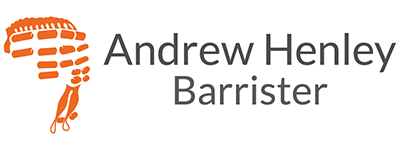There was an interesting case in the Gloucester Crown Court where an ex police officer pleaded guilty to fraud. The circumstances were somewhat surprising in that it surrounded the sale of horses, and ordinarily would not have ended up in the criminal courts. According to the judge, there had been a deliberate and fraudulent misrepresentation and, even allowing for advertising puff, it was a dishonest representation.
The charge of fraud is now dealt with by the Fraud Act 2006.
Prosecutors are advised that ‘caveat emptor’ still exists and they should guard against allowing the criminal justice system to be used as debt collection agency. But, there are some offences that are so clearly dishonest, that a criminal charge is appropriate. Just where the line is to be drawn, is a question for the judgment of the Crown prosecution lawyer.
Offences are committed under section 2, where a defendant makes a false representation, dishonestly knowing that it might be untrue or misleading and he/she must do it with the intent to gain for himself or another or cause loss to another or expose another to risk of loss. The offence is very widely drawn and it doesn’t require much imagination to interpret some risky commercial representations as trespassing into the criminal law.
Penalty: on summary conviction, the maximum penalty is 12 months’ imprisonment and on indictment, it is 10 years.
If you or your company needs advice in this area, don’t hesitate to call a quality lawyer in Guildford.
